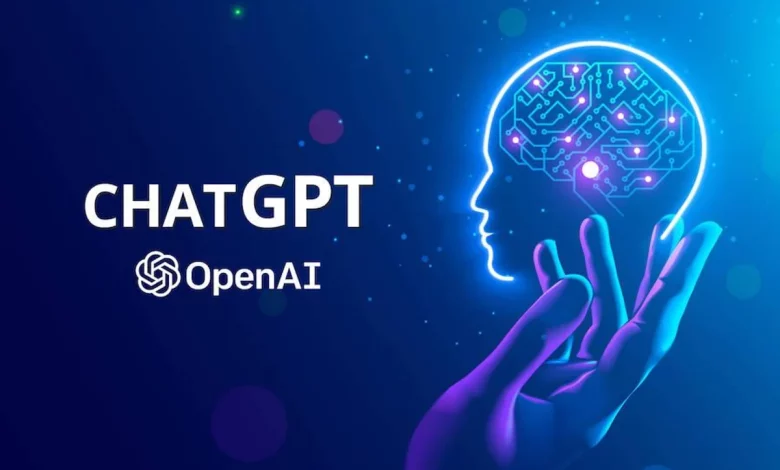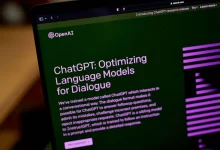A Thai man uses ChatGPT to win a Lottery!

Pour vous éviter une perte de temps sur internet à rechercher des informations sur les examens, concours, les bourses d'études à l'étranger et les opportunités en cours.
Nous avons mis à votre disposition:
- EPREUVES et CORRIGEES DES EXAMENS ET CONCOURS - Grandprof
- LES ASTUCES ET TUTORIELS PREMUIM (VPN, BIN, INTERNET) - Bfast
- COURS ET EXCERCICES PRATIQUES 6eme en Terminale - Edu
- LES EPREUVES ZERO ET SUJETS DES EXAMENS BLANCS - EpreuveZ
- RESULTATS DES EXAMENS ET CONCOURS 2023 - Espacetutos
- LE PLUS D'INFORMATIONS POUR VOUS - Infos
- LES RESULTATS DES EXAMENS DE LA SESSION EN COURS - Resultats
- LES OFFRES D'EMPLOI ET OPPORTUNITES - Emploi
Par ailleurs, nous avons pris le soin de vous informer en temps réel sur les opportunités comme :
- LES BOURSES D'ETUDES POUR AFRICAINS ET ETRANGERS - Bourses
- LES INFORMATIONS SUR LES UNIVERSITES EN AFRIQUE - Campus
- LES INFORMATIONS EN CONTINU - ASTUCES & TECH - fr.espacetutos
The story of a Thai man who won nearly $60 in the lottery that is based on a two-digit number generated by an AI chatbot predictably, went viral.
ChatGPT, a highly advanced AI language model, was utilized by Patthawikorn Boonin to converse on a diverse range of subjects, including generating shopping lists and arranging trips. Nevertheless, it should be noted that ChatGPT‘s training does not encompass the ability to predict future events.
How did Boonin manage to achieve it? As reported by The Thaiger, Boonin succeeded in winning 2,000 baht (approximately $59) by circumventing the chatbot’s resistance to participating in the lottery.

In reality, the process was less thrilling than it may appear. Boonin instructed the AI to generate four sets of two-digit numbers – 57, 27, 29, and 99 – which he then played in the Thai government lottery. To his astonishment, number 99 was drawn, resulting in his cash prize.
The chatbot accurately guessed.
In games of chance, the outcome relies heavily on true chance, which involves unpredictable events occurring naturally in the universe, such as radioactive decay or death. However, there are distinctions to be made in the concept of “chance.”
Algorithmic randomness employs mathematical algorithms known as pseudo-random number generators (PRNGs) to simulate random events. Although PRNGs generate sequences of seemingly random numbers, they rely on deterministic formulas and are thus somewhat predictable. Given that PRNGs are based on initial values or seeds, artificial intelligence could, in theory, predict the results of these algorithms by analyzing significant amounts of generated data.
Through detecting concealed patterns and potential correlations in number sequences, AI could refine its model to better predict the next pseudo-random number produced by an algorithm.

